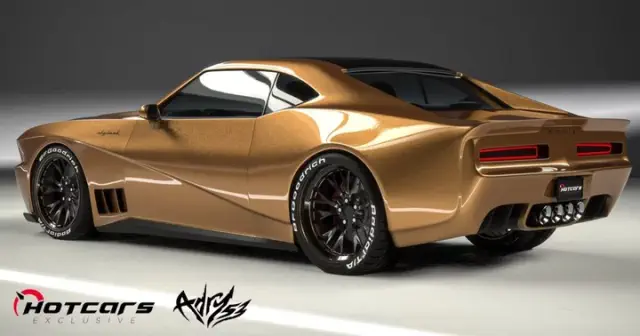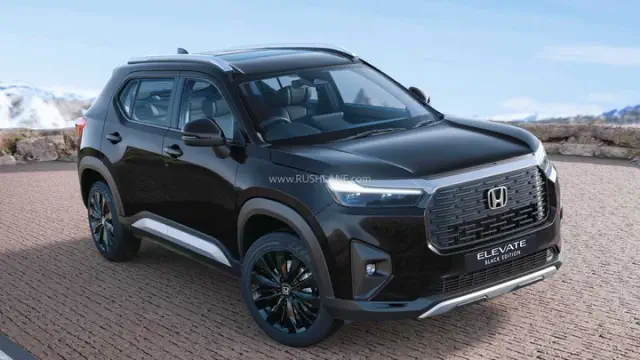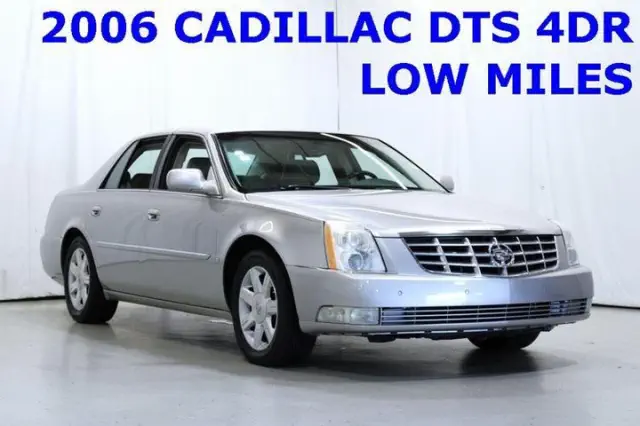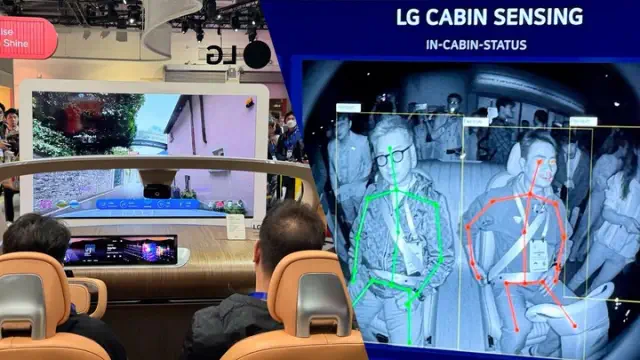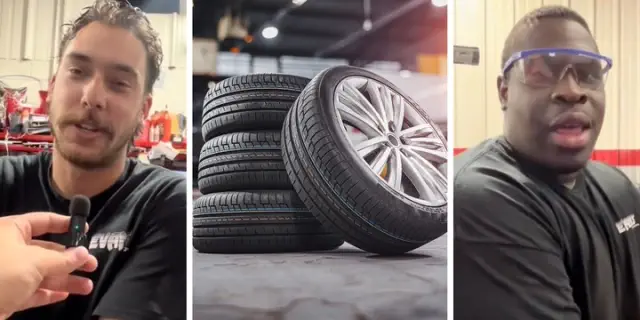AI was omnipresent at CES. For Honda, it's a vital component of the ambitious commitments surrounding the new 0 Series. But will it truly deliver?
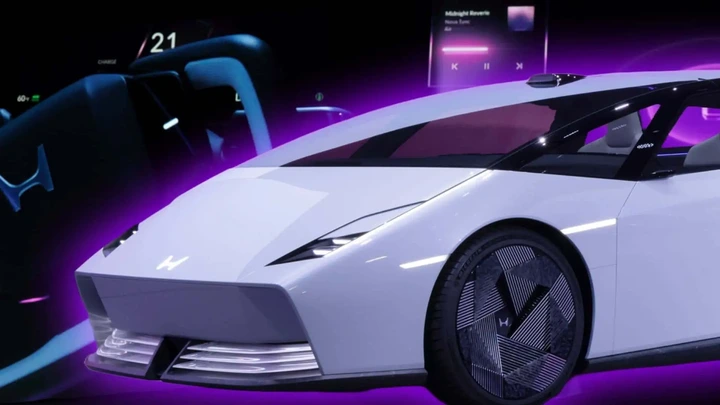
View pictures in App save up to 80% data.
A woman drives along a bucolic coastal road at dawn in her Honda 0系列 Saloon, which then asks her if she wants to see a "beautiful view" somewhere. It knows her favorite color, the names of her friends, what kind of mood she's in and how to take care of her after she's had a bad day.
If you drive a Honda right now, it doesn't do any of that. (Well, maybe the last one, if you're in a Civic Type R or something.) And you probably haven't ever thought that it should. But Honda—like much of the rest of the car industry—is banking on a future where you will want, and pay for, features powered by artificial intelligence that will totally redefine the experience of owning and operating a car.
However, it's uncertain whether that's truly what people will desire from their vehicles in the years ahead, and whether it's even feasible to achieve. This remains a challenging question to answer.
As expected amid its current boom, AI was everywhere at CES 2025. Home gadgets, powerful new processors and, yes, cars. Most of our collective experience with AI so far, if we have any, has probably been limited to using ChatGPT to cheat on term papers, sifting through an endless slop of fake images in our social media feeds and fretting for the day when it might take our jobs. But investors and the tech industry writ large are bullish about the ways AI might transform every way we work and live—including, yes, how we drive.
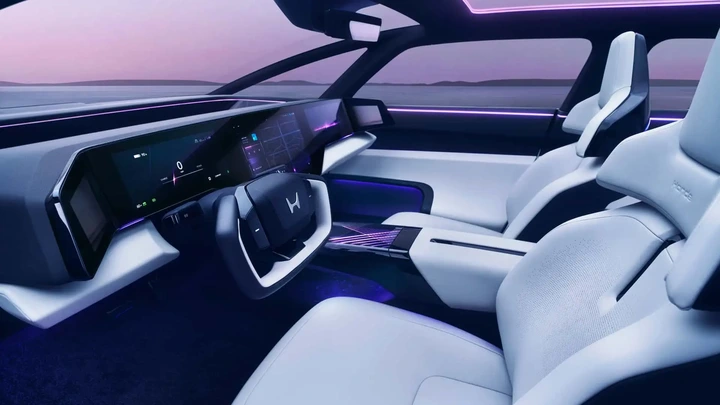
View pictures in App save up to 80% data.
Image credit: Honda
03 Honda 0 Sedan interior
Honda wants in on this too. The 0 Series Saloon and SUV may have made waves for slick, wedge-like designs that boldly show the world that Honda is finally taking electric vehicles seriously. But this family of cars, which are headed to production in 2026, are more than just Honda's first modern from-the-ground-up EVs—they represent all the ways Honda wants to plant its flag on the "mobility" tech of the future.
This undoubtedly refers to AI. But what does this imply for automobiles? For Honda, it signifies that AI will serve as the "driving force" that reveals many unique features of the 0 Series.
A 'Personalized' Approach
"Our EVs will offer 'ultra-personal optimization' by thinking completely about the customer, and optimizing all details including precise control settings for vehicle dynamics," Honda electrification executive Katsushi Inoue said in his CES keynote speech. "Like a smartphone, various functions of 0 Series models will continue to advance even after the purchase. The more it is used, the more personalized it will become."
The "like a smartphone" part is easy enough to understand. Right now, in the U.S. at least, very few cars truly get better over time with new features, with Tesla and Rivian leading the way. Most others have struggled deeply with over-the-air software downloads beyond navigation system updates and maybe bug fixes. But all of them want to get there because they think they can not only make their cars better that way but also charge for many different subscription services along the way.
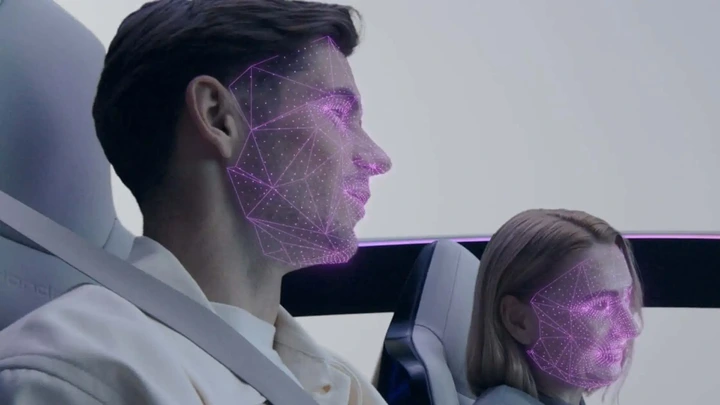
View pictures in App save up to 80% data.
Image credit: Honda
Honda Facial Recognition AI
"With the utilization of AI and big data, the vehicle will learn the user’s preferences such as music, as well as the driver’s behaviors and tendencies while driving, and will make various suggestions," Honda said on the 0 Series website.
Now, the AI personal assistant that understands when you're having a crappy day like in the video above may sound like a tough sell in 2025—maybe people will want it, but maybe they won't. (We do have a loneliness epidemic all over nearly the whole world.)

View pictures in App save up to 80% data.
Image credit: InsideEVs
Honda Intelligent Assistant
An Enhanced Charging Experience
But there is one more tangible area where Honda hopes AI will make the EV ownership experience much better: charging. Basically, it hopes to lean on AI to eliminate problems like routing to chargers that are offline, or too slow, or jam-packed with people or otherwise just not viable. Right now, any EV driver probably leans on a hodgepodge of apps like ABRP, PlugShare or Tesla's app to figure that out. In the future, a 0 Series Honda will sort all of that out for you.
"By incorporating [Amazon Web Services] generative AI and related technologies into Honda intelligent technology, and analyzing data obtained from the Honda 0系列 and the extensive charging network"—in this case, the Tesla Supercharger Network it's natively compatible with and the Ionna network Honda is part of—"we will provide a personalized charging experience for each individual in terms of finding charging facilities and simplifying payment," said Jay Joseph, American Honda's Vice President of Sustainability and Business Development.
Any improvements to public charging would definitely be appreciated.
Self-Driving Technology
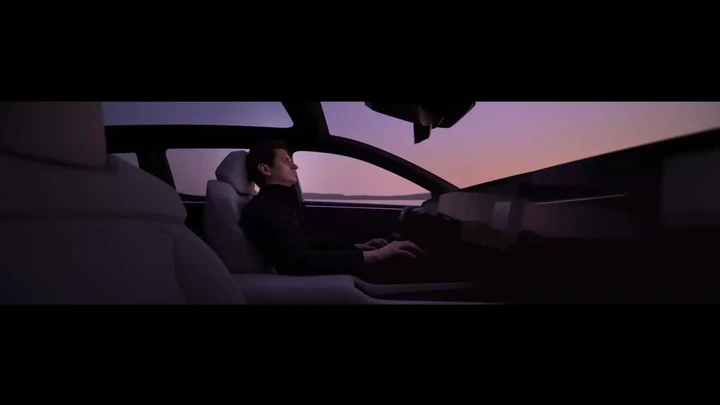
View pictures in App save up to 80% data.
Image credit: Honda
Honda Advanced Driver Assistance Systems (ADAS)
Arguably, getting a car to fully and safely drive itself will be AI's biggest party trick in the 0 Series. Tesla, of course, is leaning on AI too to make Full Self-Driving a reality (perhaps, as many critics say, to a fault.) But every automaker will need some degree of advanced artificial intelligence to really make command decisions on the road—especially the right ones.
The 0 Series cars will aim to come with so-called Level 3 automated driving assistance, meaning a human driver can take his or her hands off the wheel and eyes off the road, while being ready to intervene if necessary. So far the only U.S. cars capable of true Level 3 driving are the Mercedes-Benz S-Class and EQS EV, but only in California and Nevada and only under very specific circumstances. (Perhaps pushed by Tesla CEO Elon Musk, the incoming Trump administration is seeking to modernize and federalize the rules around autonomous car testing.)
But Honda got there first in Japan with the Legend sedan in 2021, although that system was also limited to below-highway speeds and not especially impressive in practice.
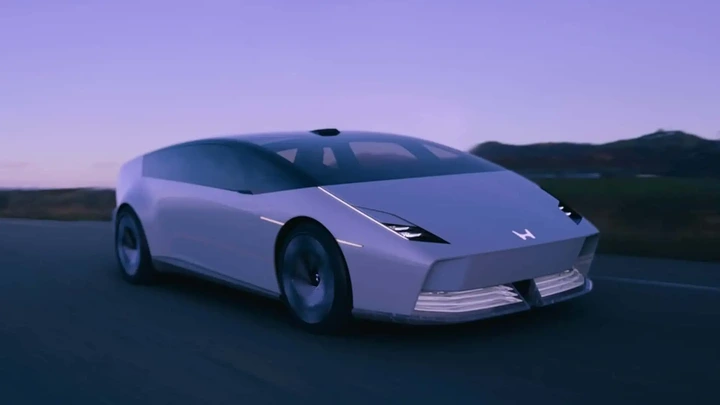
View pictures in App save up to 80% data.
Image credit: Honda
Honda 0系列 Sedan Experience
So where does AI come in? Supposedly, by learning about the many different edge cases and nuances involved with driving, just like a human can—except better, because there would be no point otherwise. Some examples Honda gave include "AI that can recognize and understand its surroundings on its own," including different types of trees along a road; turning left while avoiding bicyclists and motorcyclists in a crowded city; auto-braking when another vehicle cuts into the car's lane; and detecting and avoiding a piece of burst tire on the road.
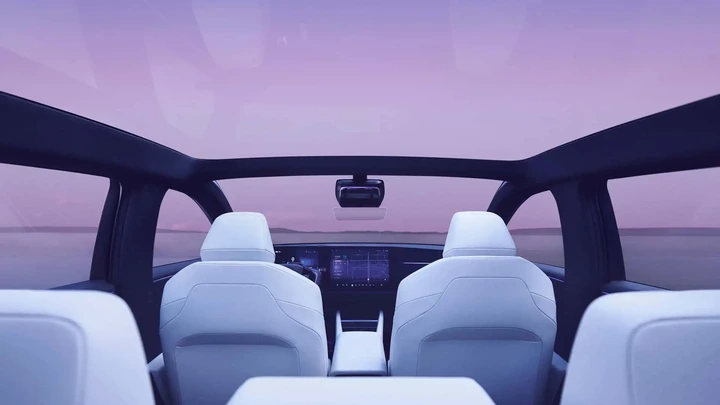
View pictures in App save up to 80% data.
Image credit: Honda
2005 Honda CR-V SUV interior
"The strength of our technology is that it can respond appropriately to irregular situations," said Steve Frey, the Vice President for Development Operations at Honda's North American development center. "Our AD was developed for every possible event to make it usable in traffic environments where 'anything can happen.'”
That's a big promise to make. It's the goal that countless automakers and tech companies alike are chasing, and to believe the 0 Series will be ready to fully achieve all of that when (and if) it goes on sale in 2026 would be to assume a lot. But the car will come with some potent hardware: a "system on a chip" (SoC) from Japanese tech company Renesas that's tailored specifically to this project.
Frey noted, "The truth is that a general-purpose SoC cannot fully harness the capabilities of AI software for the 0 Series. By fully leveraging the power of this ultra-high-performance SoC, we can integrate autonomous driving, dynamics, energy management, and additional functionalities onto a single chip."
Is It Possible, And Are People Interested In This?
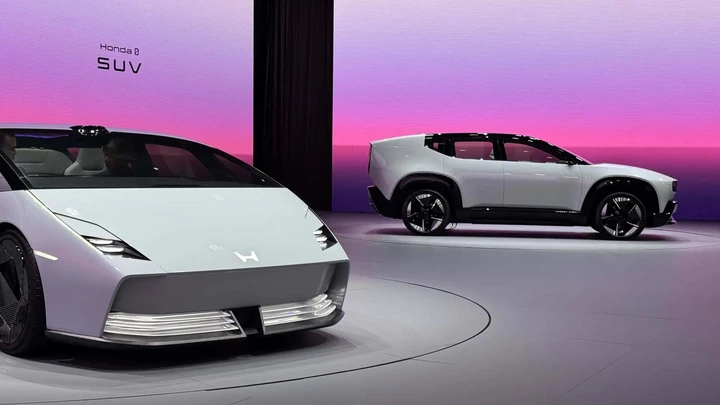
View pictures in App save up to 80% data.
Image credit: InsideEVs
Honda 0系列
These are significant commitments announced at CES, an event renowned for grand declarations. They signify a complete shift for Honda, evolving into a tech-oriented company that prioritizes automated driving and tailored app experiences over traditional high-performance engines.
More recently, when "traditional" automakers and newcomers alike have tried this, the end result has been product delays or shipping incomplete cars—or often, both. It'd be hard to see an automaker with a blue-chip reputation for quality like Honda want to do the latter, so if it runs into issues, the former is more likely, especially as this is Honda's first real foray into the reinvention of the car that's happening right now. And what's more, the far-off promises of AI have, as I write this in 2025, stayed largely conceptual.
However, the 0 Series is expected to launch in the first half of 2026. In today's automotive landscape, a timeframe of a year to 18 months can feel like a decade. It won't be long before we find out what Honda has in store and how AI will factor into their plans. One thing we know for sure is that the competition for AI in vehicles is only beginning to heat up.
Got a tip for us? Email: [email protected]

